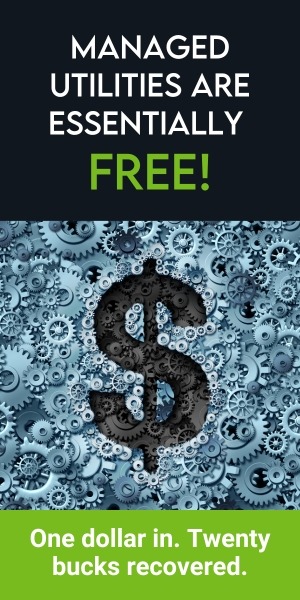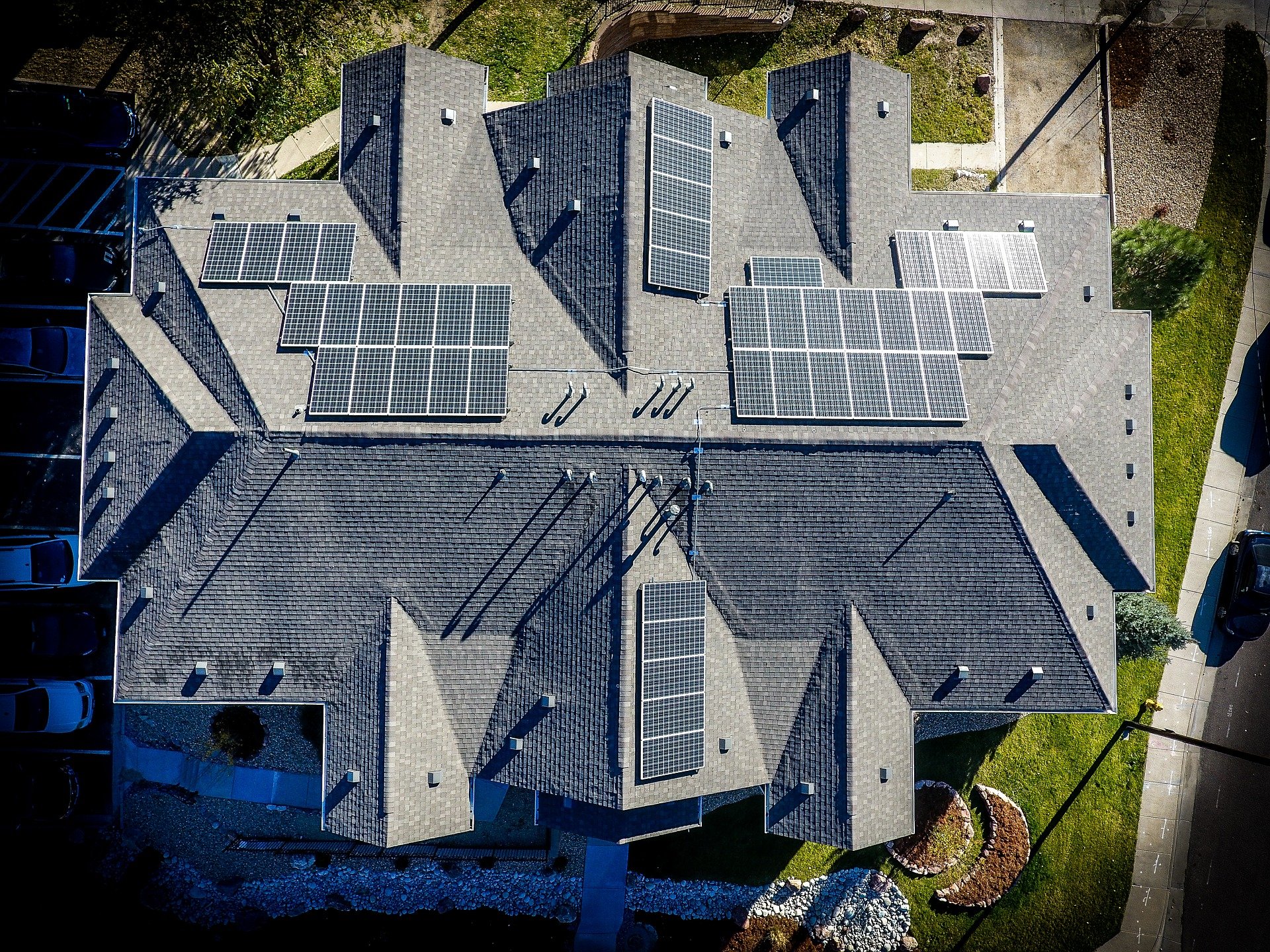Last week, on February 9th, President Biden hosted a roundtable meeting with executives from electric utility companies throughout the U.S. to discuss the benefits and drawbacks of his Build Back Better plan and what it may mean for the future of clean energy. Among the attendees were executives from Edison Electric Institute (EEI), PNM Resources, American Electric Power Co., DTE Energy Co., Avangrid Inc., Ameren Corp., Exelon Corp., Southern Corp., Duke Energy Corp., Edison International, and senior officials from Biden’s administrative staff.
Here are some of the key takeaways from the meeting and how they may impact utilities at your property if the Build Back Better act becomes law.
Utility Costs Will Decrease and “Carbon-Free” Will Be Closer
One of the core objectives of the BBB act is to lower utility costs by shifting to cleaner, more sustainable solutions. As such, the climate-related portion of the plan includes consumer rebates and tax credits, loans and grants, and corporate incentives. And while there were some suggestions for improvement, such as alternatives to normalization and new tax credit recommendations—many of the meeting’s attendees agreed that, even in the current state, the act could successfully meet that objective.
- Patricia Vincent-Collawn, CEO of PNM Resources: “This legislation is going to allow us to be carbon-free sooner, gives us renewable portfolio standards, allows us to securitize to keep costs down for customers.”
- Lynn Good, CEO of Duke Energy: “As I look at the number of megawatts of renewables we’ll add, there’s a comparable number of storage megawatts we will also add over the next decades. And the tax credits that you have included would be an important part of lowering costs.”
- Tom Kuhn, President of EEI: “The clean energy tax policies that we discussed would allow electric companies to accelerate the clean energy transition while preserving electric reliability and affordability for the customers and communities we serve.”
To highlight an example of the potential savings that can be found from similar sustainability initiatives, Biden asked Nick Akins—the Chairman, President, and CEO of American Electric Power (AEP)—to talk about AEP’s current expansion of wind and solar and its impact on consumer costs. Akins stated that AEP is expected to have the largest wind power project in North America operational by the end of the first quarter. “About 1,000 megawatts in Oklahoma. And it’s going to save customers about $2.2 billion dollars over the life of the agreement.” Akins then continued, “for us, it’s really an opportunity to bring these kinds of resources in, lower costs to customers, and be able to move toward a clean energy future.”
Resilient Storage and Transmission Is a MUST
A second objective of the BBB act, which was brought up at multiple points of the meeting, is the improvement of storage and transmission of resources.
- Akins, AEP: “For me, your focus on resiliency and reliability of the grid is extremely important … Where we run into some issues is when there’s a large-scale transmission … we really do need to find ways to scope large transmission to get renewables to the big cities. And that’s a process that, obviously, your administration has been working on as well.”
- Vincent-Collawn, PNM Resources: “A lot of the solar—and where you cite solar fields—is not near what we call ‘load centers,’ or big cities, so you need that transmission. And it’s going to be absolutely critical to building our nation’s clean energy infrastructure.”
- Good, Duke Energy: “We see storage as an incredibly important part of the equation going forward—not only in people’s homes but frankly on our system in order to strengthen it and make it capable of taking on more resiliency … And the infrastructure bill, under the Department of Energy, has a lot of investment in the R&D necessary to advance that battery storage. So, we think there’s great potential for this.”
If handled correctly, an improved storage and transmission solution could lower utility costs, provide residents and properties with more control of their utilities, and create a more durable utility system capable of providing reliable services despite weather-related disruptions.
Actions Taken, Actions Required
From the leaders at EEI who organized the event to the attending executives and the examples of Ford, GM, Union Pacific Railroad, and Tritium that were discussed in the meeting—American corporations are stepping up and fighting for a better, cleaner environment. They are also growing increasingly concerned about the long-term costs of inaction.
Shortly after the event’s conclusion, Pedro Pizzaro—President and CEO of Edison International—shared his concerns with representatives from The Washington Post, stating, “A lot of the discussion right now is focused on, ‘What’s the cost today for this program or that program?’ I’m worried there’s not enough discussion of, ‘What’s the cost of inaction?’ The cost of not making investments now to harden the grid or to take carbon out of the economy … that’s a cost that will be multiple the investments if we then have to deal with even worse effects of climate change down the road.”
While Pizzaro’s comments are primarily directed at the government, it is worth noting that corporations and investors outside of this meeting have expressed similar concerns about inaction within the real estate sector—especially where it accounts for approximately 39% of global emissions.
For example, last year the company ShareAction published a report for investors titled, “Decarbonising Real Estate: Foundations for Success.” Within the fittingly titled “Time for action” section, they mentioned that “a ten-year delay of measures aimed at improving the sustainability of building envelopes would come at a price tag of about $2,500bn, due to the higher energy demand and therefore increased costs.”
In either sense, the demand to transition to cleaner, more sustainable solutions is increasing across the board.
The time to act is now.






